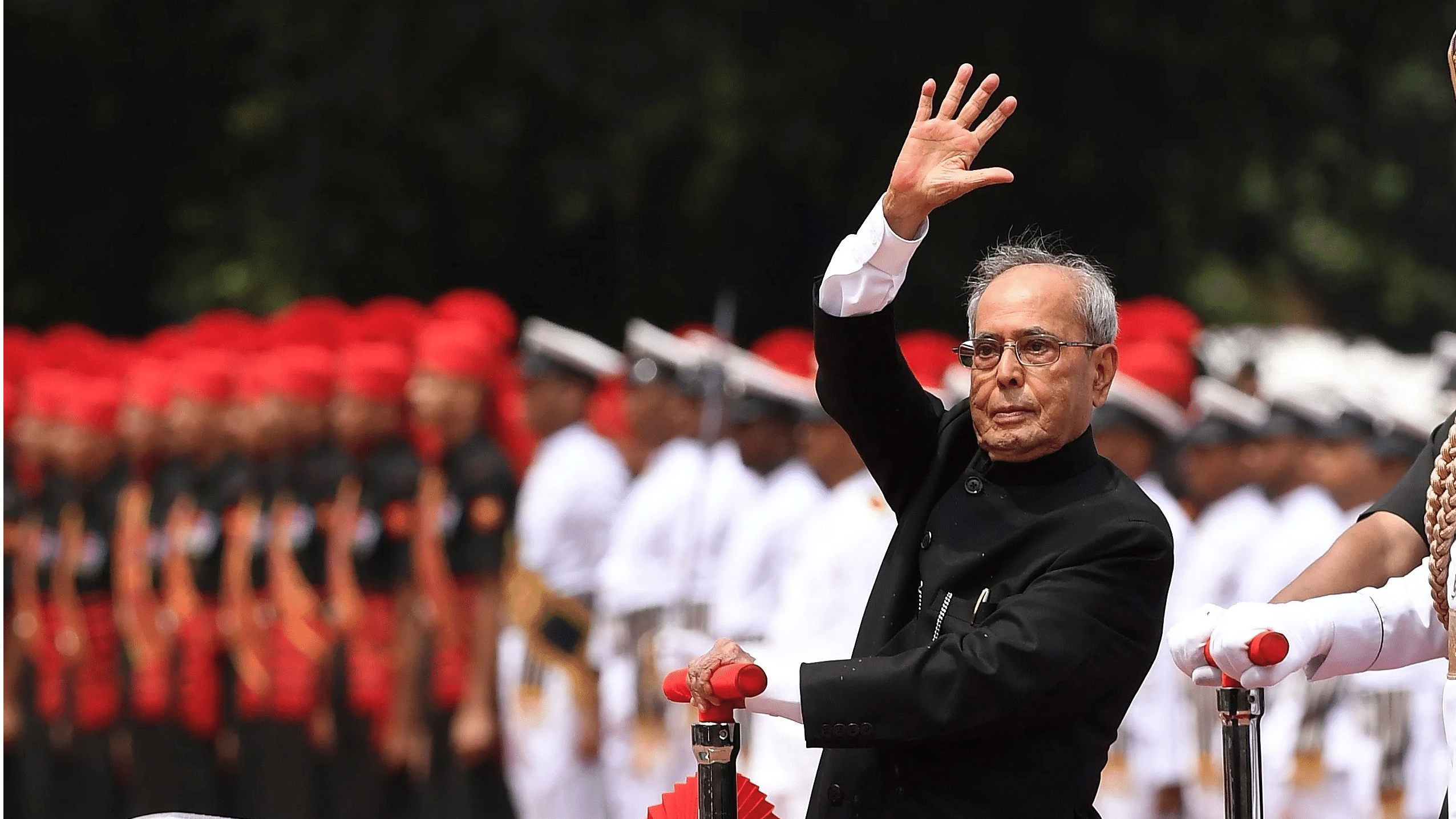Former president Pranab Mukherjee wrote in his last book that Prime Minister Narendra Modi must speak more often in Parliament, using it as a forum to disseminate his views to convince the Opposition and inform the nation, while listening to the dissenting voices, reported PTI.
According to the late Congress leader, the prime minister’s physical presence in Parliament makes a tremendous difference to the functioning of this institution.
He wrote in his book ‘The Presidential Years, 2012-2017’, “Whether it was Jawaharlal Nehru, Indira Gandhi, Atal Bihari Vajpayee or Manmohan Singh, each of these former PMs made their presence felt on the floor of the House.”
He added, “PM Modi, now in his second term, must take inspiration from his predecessors and provide visible leadership, through his enhanced presence in Parliament to avoid situations that had precipitated the parliamentary crisis we witnessed in the first term.”
Mukherjee completed his memoir ‘The Presidential Years, 2012-2017’ before his death last year. The book, published by Rupa Publications, released on Tuesday.
According to Mukherjee, Modi must “listen to the dissenting voices and speak more often in Parliament. He must use it as a forum to disseminate his views to convince the Opposition and inform the nation”.
Mukherjee said that during the UPA years, he would resolve difficult issues by remaining in constant touch with the leader of the Opposition and senior leaders of both the UPA and the NDA.
He wrote “My job was to run the House, even if it meant meeting and convincing members of the Opposition alliance. I would be present at all times in the House in order to defuse contentious issues, whenever they arose,” but added that he lamented that the NDA government, during its first term of 2014-19, failed in its primary responsibility to ensure the smooth and proper functioning of Parliament.
He wrote, “I attribute the acrimonious exchanges between the Treasury and Opposition benches to the arrogance and inept handling by the government. But the Opposition is not without blame either. It had also behaved irresponsibly.”
Mukherjee said he had consistently maintained that disruption hurts the Opposition more than the government, as a disruptive Opposition loses the moral authority to put the government on the mat. “It also gives the executive an undue advantage to curtail Parliament sessions on the pretext of the prevailing chaos.” According to the former president, the moral authority to govern vests with the prime minster.
“The overall state of the nation is reflective of the functioning of the PM and his administration. While Dr Singh was preoccupied with saving the coalition, which took a toll on governance, Modi seemed to have employed a rather autocratic style of governance during his first term, as seen by the bitter relationship among the government, the legislature and the judiciary,” he wrote.
“Only time will tell if there is a better understanding on such matters in the second term of this government. It is also important for the government to keep in mind the demands and aspirations of the section of the population that has not voted for it, because the government represents and belongs to all sections of the people, regardless of their voting preference,” he added.







